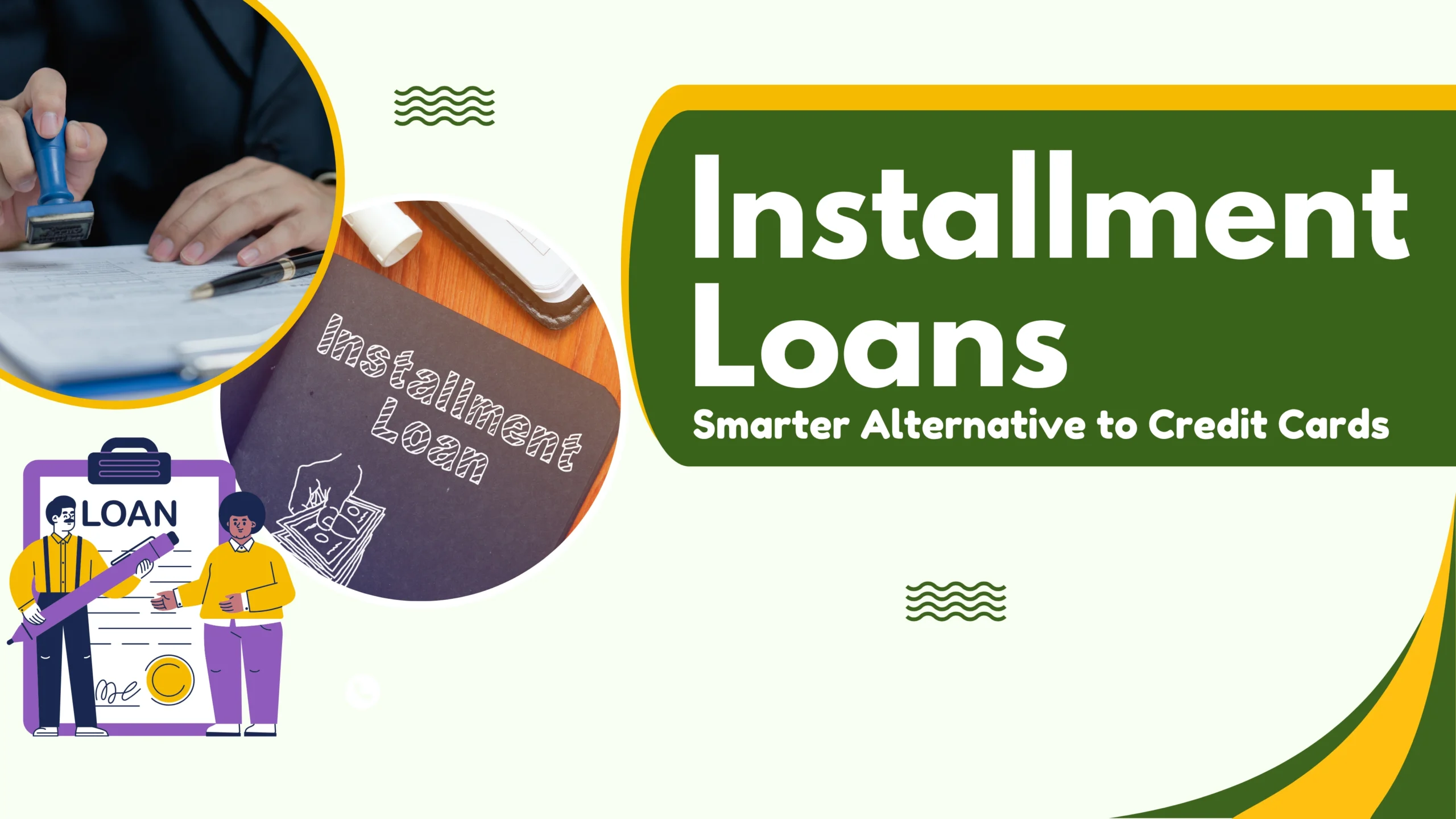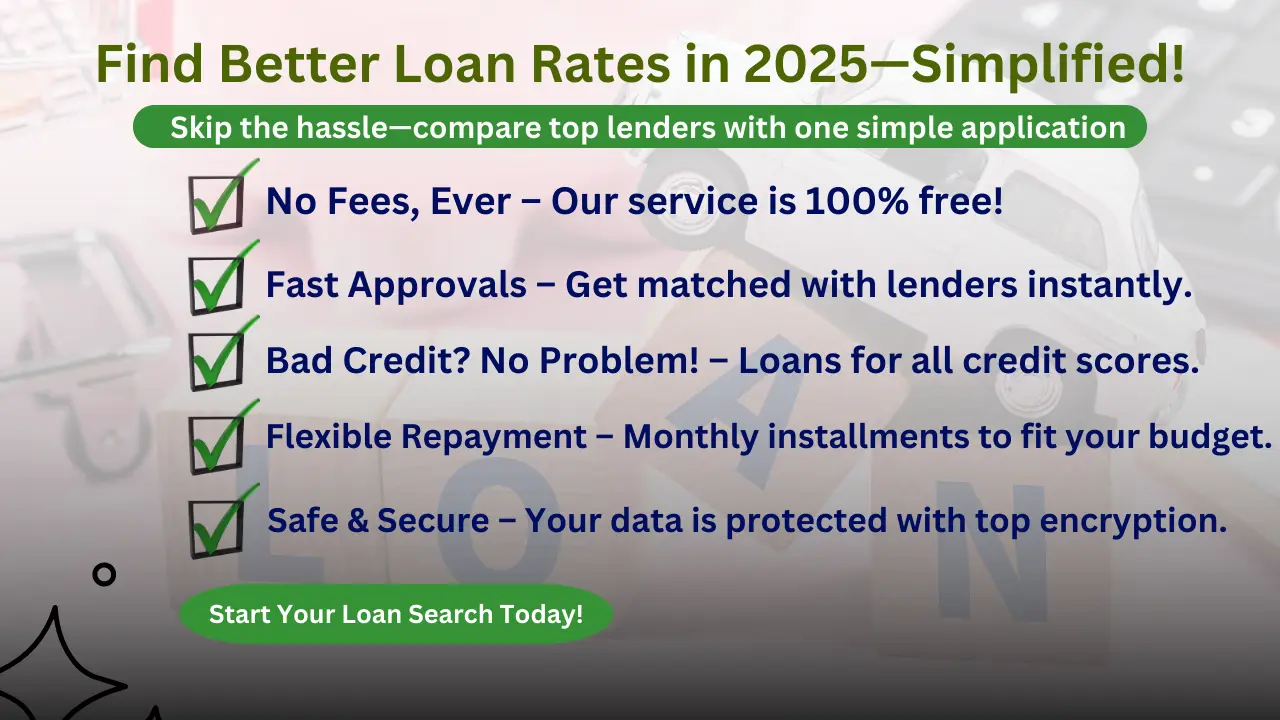There are two popular emergency solutions for your quick monetary demand: credit cards and installment loans. Both are easily accessible, yet installment loans are much better than credit card funding.
I'll explain the differences between installment loans and credit cards in this post, plus their benefits and drawbacks, so you can make an informed decision about getting the fast and reasonably priced money you need. Let's also examine why installment loans are a better option for debt management compared to credit cards.
What Is an Installment Loan?
With an installment loan, the borrower takes out a sizable loan, receives the funds, and pays it back over a specified amount of time in regular, planned monthly payments. Residential mortgages, car finance, loans for learners, and personal installment loans are examples of typical kinds. Their secured compensation timeline, which simplifies budgeting and organizing, is what makes these businesses appealing.
The best online installment loans are a sensible option for customers seeking durability because they usually have concise conditions, affordable costs of borrowing costs, and consistent payment schedules.
What Makes Credit Cards Different?
A related credit structure powers credit card accounts. You are given an upper credit limit that allows you to utilize it while paying back over time, rather than an exact sum. Credit cards are useful for regular expenditures, but if not used responsibly, they can easily turn into a source of stress.
Credit cards frequently have variable rates of interest, fees for late payments, and opportunities to spend too much, in contrast to fixed-term loans. These elements may result in growing combines and difficulties repaying debt over time.
Installment Loans vs Credit Cards: Key Differences
Let's examine the main distinctions between those two financing choices:
| Feature | Installment Loans | Credit Cards |
| Payment Structure | Fixed monthly payments | Variable payments |
| Interest Rates | Usually lower and fixed | Often higher and variable |
| Loan Terms | Fixed duration (e.g., 12–60 months) | No fixed term |
| Credit Score Impact | Predictable improvement if paid on time | Risk of long-term credit damage |
| Financial Flexibility | Better for large planned expenses | Best for short-term or emergency needs |
| Budgeting Ease | Easier with a set monthly budgeting plan | Harder due to fluctuating minimum payments |
Why Installment Loans Are Better Than Credit Cards for Managing Debt
If you’re struggling with credit card debt or planning to finance a large purchase, installment loans offer several advantages over traditional credit alternatives.
- Predictable Monthly Payments: Installment loans allow you to keep track of your monthly payments. This aids in maintaining your fiscal objectives and monthly budgetary constraints.
- Lower Interest Rates: Interest rates on personal loans are typically significantly less than those on credit cards, especially if your credit score is high. Throughout that financing, that might prevent you from several hundred or thousands of dollars. Examine the interest rate on the loan beforehand to agree on the amount you may conserve.
- Defined Debt Repayment Terms: Installment loans come with limits as to the terms of the loan. You will be aware of the precise date of loan repayment if it is twelve or sixty months in length. Additionally, maintaining a credit card balance puts you in a position where you might be in debt for a while if you're just paying the required payments!
- Provides Better Credit Mix: Using different types of credit, like a combination of revolving credit and fixed-payment loans, can increase your credit score. A fixed-payment installment loan that you manage properly signals creditworthiness to lenders.
- Avoid the Minimum Payment Trap: Most credit cards can lull the credit holder into making easy, small payments, thus prolonging the debt to an extent and increasing the money spent on interest.
When to Choose an Installment Loan Over a Credit Card
Personal installment loans excel in the following situations:
- Debt consolidation: You might merge several high-interest credit cards into a single loan with a single, smaller repayment.
- Large purchases: You don't have to take on conventional, high-interest perpetual loans to cover expenses like fixing up your house, hospitalizations, or major expenditures.
- Budgeting requirements: lacking the need to cope with regular payment fluctuations, you can operate steadily or inevitably within the parameters of your finances.
See Alternatives to Credit Cards for more information on better financial options!
When Might a Credit Card Be a Better Choice?
To be fair, credit cards still have their place, particularly when used wisely:
- Short-term purchases: Small, manageable expenses you can repay quickly.
- Rewards or cash back: For disciplined users, cards with perks offer added value.
- Emergencies: As a backup, cards can be handy if you don’t have savings or quick access to a loan.
However, for longer-term needs or debt management, installment loans offer far more control and cost-efficiency.
Tips to Get Approved for Installment Loans
Want to improve your chances of approval? Consider these quick tips:
- Check your credit report for errors.
- Keep your ratio of debt to income minimal and your earnings consistent.
- To compare loan interest rates, submit applications to many lenders.
- Use tools like Credit Score Tips for Loan Approval to optimize your application.
Final Thoughts
Installment loans are a wise option if you prefer effortless control of debt and have ways of obtaining them. The company has an explicit repayment chronology, interest rates that are lower, and a set budget for payments in comparison with credit cards. In the long run, that could result in additional savings, smaller unforeseen events, and a decrease in stress.
An installment loan is a sensible and accountable way to maintain financial control, regardless of your goals—debt consolidation, paying for a significant expense, or simply increasing alignment in how you manage your money.
Are you ready to begin? See our list of the Best Online Installment Loans or read our instructions on How to make an application for a Personal Loan.
FAQs
A credit card is a perpetual line of cash with parameters for settlements according to practice, whereas an installment loan has a set repayment total that is paid back periodically in equal amounts every month. Credit card debts don't have a set term like loans with installments do.
Indeed. Installment financing options help consumers avoid the credit card monthly payment trap by offering fixed payment schedules and lower costs of ownership. They're perfect for spending and reducing debt.
Lenders view repayment loans as more secure than debt that recurs because they are frequently determined by your financial standing and provide type. Because of this, they frequently have smaller fixed rates, particularly if your credit is beneficial.
A hard inquiry may cause a slight decline at first. However, making timely repayments over time can enhance the combination of your credit and score, particularly if you are also paying off credit card debt.
On websites like Best Rate Check, you may evaluate reliable lenders that provide forthcoming and safe repayment loans. Seek out fixed interest rates, no extra charges, and a budget-friendly repayment plan.



